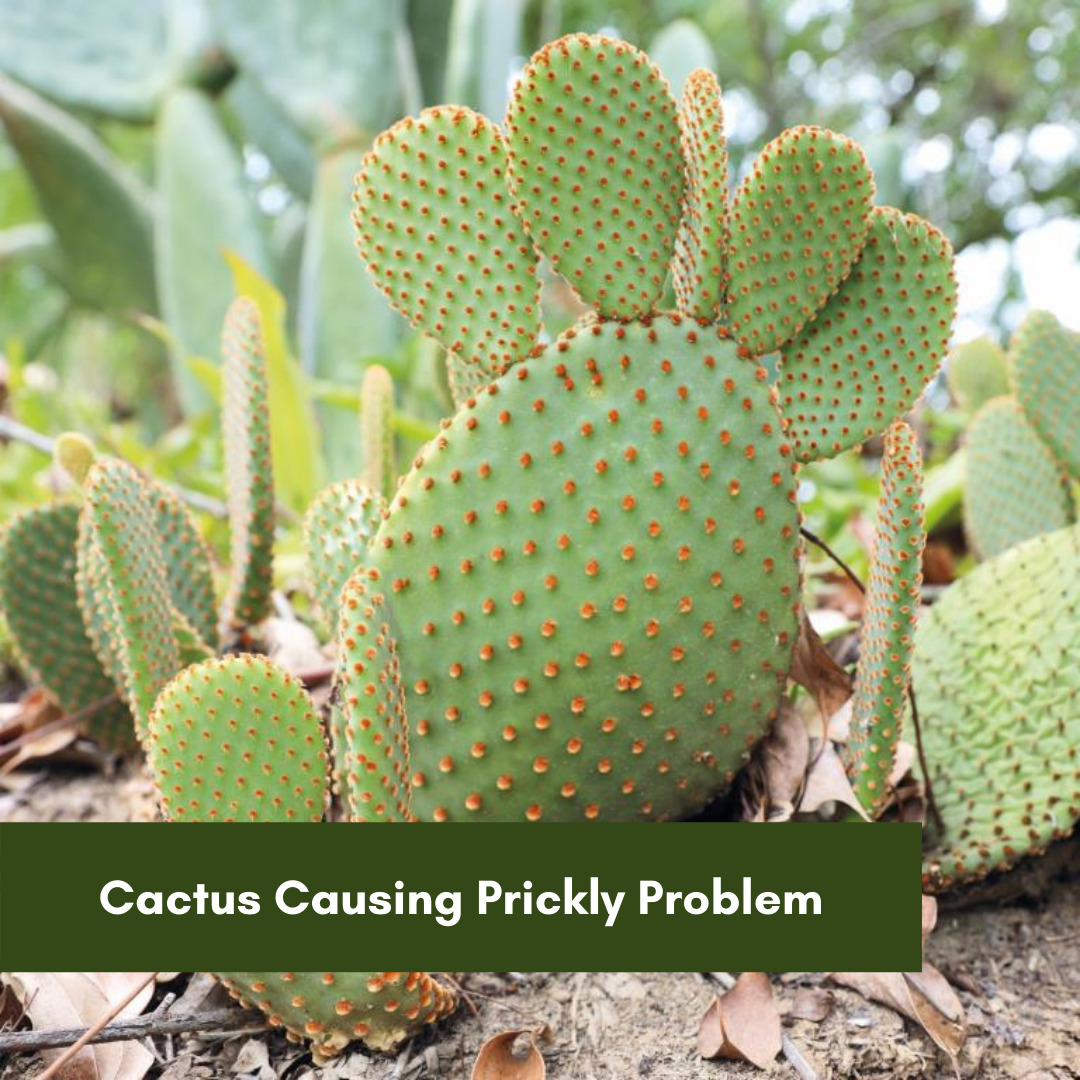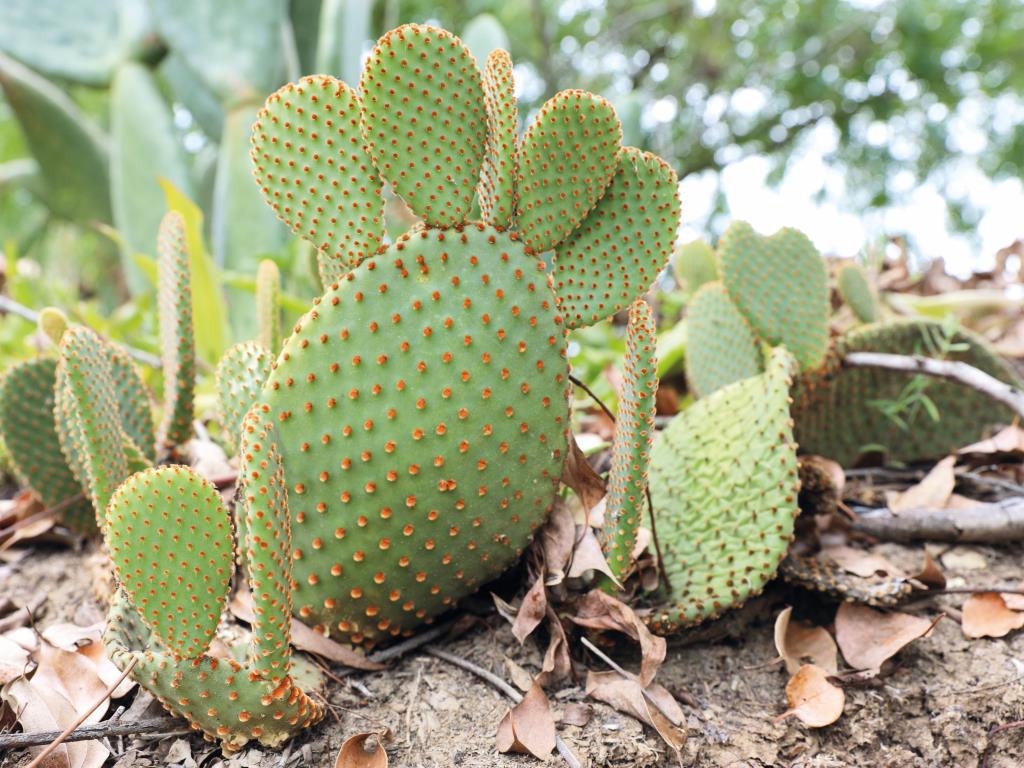 Loading...
Loading...
A new state-wide campaign is urging residents to be on the lookout for the prohibited sale or trade of prickly pear cacti.
Image of Blind cactus, courtesy of Queensland Department of Agriculture and Fisheries, DPI weedwise
Barbed bristles and sharp spines on the plants detach easily from the plant and can cause serious injury to people. They can injure, cause infection in, blind and even kill native animals, pets, working dogs and livestock. Once in the environment, prickly pears can form impenetrable walls of vegetation and cost millions of dollars to control.
NSW Crime Stoppers, local councils, Local Land Services and the NSW Department of Primary Industries have joined forces to call for anyone who sees these plants for sale to report it. Easy to propagate from cuttings, cacti are popular plants in household gardens, both indoors and outdoors. That same rapid growth can cause widespread devastation in the natural environment.
“Spring usually brings an increase in plant sales, so we’re appealing to the public to be on the lookout for these cacti in markets and online.”
There are more than 27 species of prickly pear known to be in Australia. Eve’s needle, bunny ears, smooth tree pear and blind cactus are all types of prickly pear illegally traded in NSW, despite on-the-spot fines of $1,000 and penalties of up to $220,000.
More information is available on the NSW Department of Primary Industries website
https://www.dpi.nsw.gov.au/biosecurity/weeds or you can get in touch with Council’s weeds officer.
You can also report sale of prickly pear to NSW Crime Stoppers on 1800 333 000 or online at https://nsw.crimestoppers.com.au/home/ They don’t need to know who you are, they just want to know what you know.


